Creative Governance
First published 1999 by Ashgate Publishing
Reissued 2018 by Routledge
2 Park Square, Milton Park, Abingdon, Oxon, 0X14 4RN
711 Third Avenue, New York, NY 10017
Routledge is an imprint of the Taylor & Francis Group, an informa business
Copyright Jan Kooiman, Martijn van Vliet, Svein Jentoft, 1999
All rights reserved. No part of this book may be reprinted or reproduced or utilised in any form or by any electronic, mechanical, or other means, now known or hereafter invented, including photocopying and recording, or in any information storage or retrieval system, without permission in writing from the publishers.
Notice:
Product or corporate names may be trademarks or registered trademarks, and are used only for identification and explanation without intent to infringe.
Publishers Note
The publisher has gone to great lengths to ensure the quality of this reprint but points out that some imperfections in the original copies may be apparent.
Disclaimer
The publisher has made every effort to trace copyright holders and welcomes correspondence from those they have been unable to contact.
A Library of Congress record exists under LC control number: 98045730
ISBN 13: 978-1-138-61347-8 (hbk)
ISBN 13: 978-1-138-61349-2 (pbk)
ISBN 13: 978-0-429-46376-1 (ebk)
Wim Dubbink
Informatie-en KennisCentrum Natuurbeheer
Ministerie van Landbouw, Natuurbeheer en Visserij
Marijkeweg 24, P.O. Box 30, 6700 AA Wageningen, The Netherlands
E-Mail:
Peter Friis
North Atlantic Research Studies Centre
Roskilde University
P.O. Box 260, DK 4000, Roskilde, Denmark
E-Mail:
Rob van Ginkel
Department of Anthropology
University of Amsterdam
Oudezijds Achterburgwal 185, 1012 DK Amsterdam, The Netherlands
E-Mail:
Svein Jentoft
Faculty of Social Science
University of Troms\xF8
N-9037 Troms\xF8, Norway
E-Mail:
Jan Kooiman
Prinseneiland 50-52 hs
1013 LR Amsterdam, The Netherlands
E-Mail:
Jacqueline McGlade
Plymouth Marine Lab
Prospect Place, West Hoe
Plymouth PL1 3DH, United Kingdom
Carlos Iglesias Malvido
Departamento de Economica Aplicada
Universidade de Vigo
Aptdo.874-Vigo, Galicia, Spain
E-Mail:
Kaija I. Metuzals
Plymouth Marine Lab
Prospect Place, West Hoe
Plymouth PL1 3DH, United Kingdom
E-Mail:
Jeremy Phillipson
Geography Department
University of Hull
Hull, HU6 7RX, United Kingdom
E-Mail:
Jan Willem van der Schans
Hudsonstraat 27b
3025 CB Rotterdam
Tel: 31 (10) 476 5210
Juan-Luis Suarez de Vivero
Dept. de Geografia Humana
University of Seville
Maria de Padilla s/n
41004 Sevilla, Spain
E-Mail:
David Symes
Geography Department
University of Hull
Hull, HU6 7RX, United Kingdom
Jean-Paul Troadec
Menez Perroz
29880 - Plouguerneau, France
E-Mail:
Martijn van Vliet
Faculty of Business Administration, Dept. of Public Management
Erasmus University Rotterdam
P.O. Box 1738, 3000 DR Rotterdam, The Netherlands
E-Mail:
The European Science Foundation (ESF) acts as a catalyst for the development of science by bringing together leading scientists and funding agencies to debate, plan and implement pan-European scientific and science policy initiatives.
ESF is the European association of more than 60 major national funding agencies devoted to basic scientific research in over 20 countries. It represents all scientific disciplines: physical and engineering sciences, life and environmental sciences, medical sciences, humanities and social sciences. The Foundation assists its Member Organisations in two main ways: by bringing scientists together in its scientific programmes, networks, exploratory workshops and European research conferences, to work on topics of common concern; and through the joint study of issues of strategic importance in European science policy.
It maintains close relations with other scientific institutions within and outside Europe. By its activities, the ESF adds value by co-operation and coordination across national frontiers and endeavours, offers expert scientific advice on strategic issues, and provides the European forum for fundamental science.
This volume arises from the work of the ESF Scientific Programme on Tackling Environmental Resource Management (TERM).
Further information on ESF activities can be obtained from:
European Science Foundation
1 Quai Lezay-Marnsia
F-67080 Strasbourg Cedex
Website: http://www.esf.org
In Autumn 1995, the European Science Foundation launched a scientific programme on environmental research in the social sciences by the name of TERM: Tackling Environmental Resource Management. TERM is intended as a forum for teams encompassing collaborative research programs at the European level. In the context of this TERM programme, four major research themes have been identified:

the comparative dynamics of consumption and production processes;

policy-oriented learning and decision-making: environmental management and policy instruments under uncertainty;

forms of international environmental co-operation and their development;

perception, communication and the social representation of environmental change.
This book is the result of a series of workshops organised within the context of the TERM program. This study on fisheries, problems and opportunities in governing fisheries in Europe will make a contribution to these themes. The research projects on which it is based and which are reported in of the book had, for the greater part, been concluded or were up and running when the TERM program started. The empirical research reported should therefore be seen as a secondary analysis of already existing material; the other, more conceptual Chapters have especially been written for this volume. Together they enable us to contribute to the indicated TERM themes in varying ways.
We express our gratitude to the European Science Foundation, which made the organisation of the work for this book possible, and wish to acknowledge that three of the case studies reported in of the book were financially supported by the European Commission.

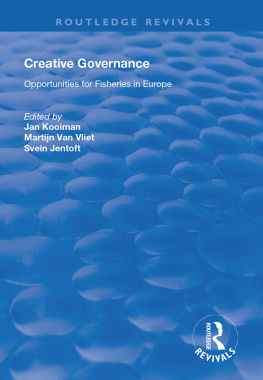

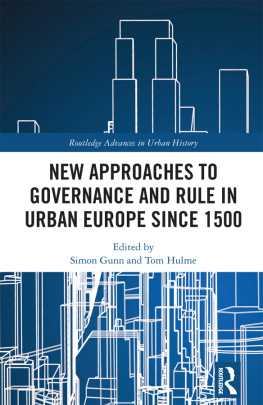
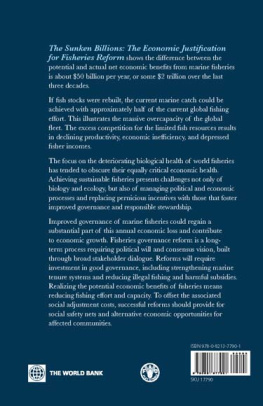
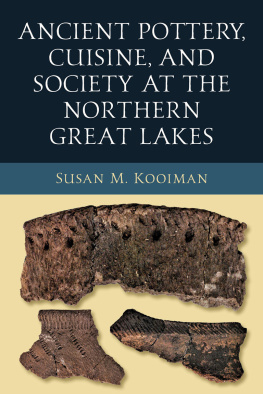
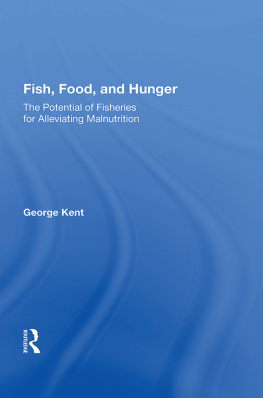
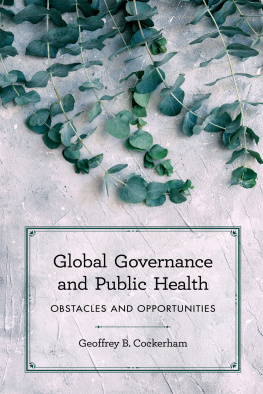
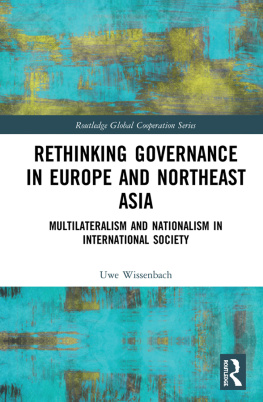
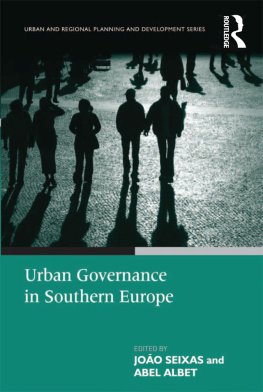
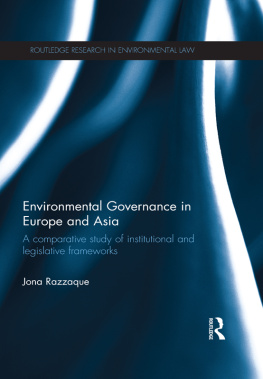
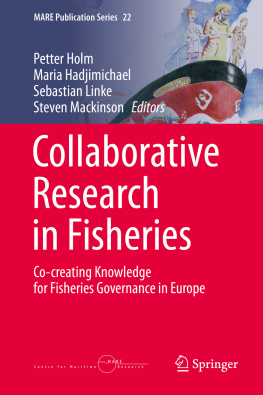

 the comparative dynamics of consumption and production processes;
the comparative dynamics of consumption and production processes;